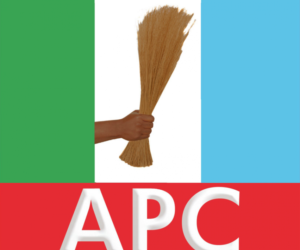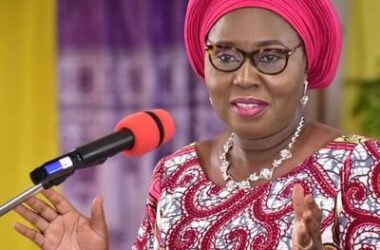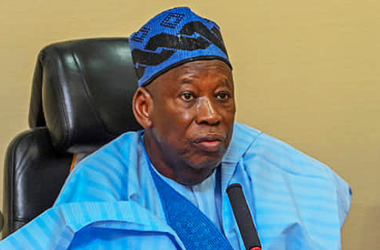There is a divide among states in Nigeria over the proposed Tax Reform Bills currently under deliberation in the National Assembly. While some states have shown strong support for the reforms, others have voiced outright opposition or expressed concerns over specific provisions within the bills.
Meanwhile, several states remain undecided, stating that they are still analyzing the contents of the reforms before taking a stance.
The controversy has sparked significant debate across the nation, with stakeholders, including government officials, business associations, and regional leaders, weighing in on the potential impact of the proposed laws.
The presidency has also stepped in to address growing concerns, clarifying the intentions behind the reforms and dispelling fears of regional or economic inequality.
Among the states expressing support for the Tax Reform Bills are Kogi, Benue, Delta, and Ekiti. Officials from these states argue that the reforms are a step in the right direction to modernize Nigeria’s outdated tax system and boost economic growth.
The Delta State Commissioner for Economic Planning, Mr. Sunny Ekedayen, stated, “We will support anything that will further the interests and development of the country.”
Conversely, opposition to the bills has been fierce in states such as Kano, Borno, and Nasarawa. These states argue that the proposed changes, particularly the revised value-added tax (VAT) allocation formula, could disproportionately benefit wealthier states like Lagos and Rivers while leaving less-developed states at a disadvantage.
Governor Abdullahi Sule of Nasarawa criticized the VAT-sharing model, describing it as “unfair” and advocating for a more equitable distribution of tax revenues.
Other states, including Plateau, Anambra, and several in the South-South region, are still studying the bills. These states have emphasized the need for thorough consultation and a clear understanding of the proposed changes before making definitive decisions.
In response to widespread concerns, the presidency issued a statement rejecting claims that the Tax Reform Bills would exacerbate regional inequalities. Special Adviser to the President on Information and Strategy, Mr. Bayo Onanuga, labeled such insinuations as “reckless” and called for informed discourse.
“The tax reform bills will not make Lagos or Rivers more affluent at the expense of other regions. Instead, they aim to enhance the quality of life for Nigerians, especially the disadvantaged,” the statement read. The presidency further clarified that the reforms seek to streamline Nigeria’s complex tax system, consolidate various levies, and create a more business-friendly environment.
The statement also addressed concerns regarding the funding of government agencies, stating that the proposed changes are designed to reduce reliance on special taxes and encourage alternative funding mechanisms. “It is a misrepresentation of facts to conclude that changing an agency’s funding source amounts to scrapping it,” the presidency asserted.
Northern leaders, including Borno State Governor Babagana Zulum, have been vocal in their skepticism. Zulum cautioned that while President Bola Tinubu has the authority to push the bills through, the reforms could have unintended consequences for Nigerians, particularly in the North. “If the president wants to use his power to pass the tax bill, he may have his way, but it has its consequences on the people,” he warned.
Similarly, Kano State’s House of Assembly rejected the bills outright during a recent plenary session. Lawmakers argued that the reforms could deepen economic disparities and hinder the region’s growth. Speaker Ismail Jibrin Falgore highlighted concerns over the VAT-sharing formula, asserting that it favors states like Lagos due to their concentration of corporate headquarters and economic activities.
The Association of Small Business Owners of Nigeria (ASBON) has thrown its support behind the Tax Reform Bills, describing them as “pro-poor” and favorable to small enterprises. Dr. Femi Egbesola, President of ASBON, praised the exemption of small businesses with annual turnovers below ₦50 million from taxation. He also highlighted other benefits, such as the exclusion of essential goods and services from VAT, which he believes will reduce inflation and promote economic competitiveness.
Advocates of fiscal federalism in the South-South region have also expressed cautious optimism about the reforms. Some leaders see the bills as an opportunity to address long-standing grievances over resource control and revenue allocation. However, officials from states like Bayelsa and Cross River emphasized the need for further review to ensure the reforms align with the region’s interests.










